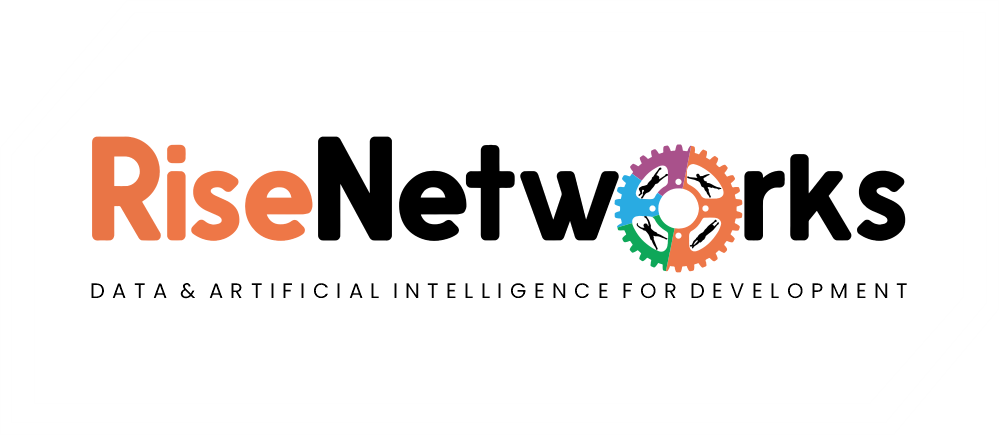Crucial in today’s world, Data Science presents both large and small organizations with the ability to transform data into value in the form of increased revenue, lessened costs, business dexterity, improved customer experience, and the development of new products, amongst others. As a multidisciplinary blend of statistics, data inference, scientific methods, algorithm development, and technology to solve analytically complex problems, Data Science has gathered quite a number of misconceptions and myths. It is therefore essential to debunk these growing myths in order to be well informed about the lexicon of Data Science.
MYTH 1. Data Science requires a Ph.D. degree/deep understanding of statistics and statistical methods.
Although most developers have a basic understanding of statistics from college, you do not have to be tech-savvy or possess a Ph.D. degree to be a data scientist. The truth is anyone can settle into this field after proper training or learning from a reputable authority like Rise Networks. Today, there are many open-source curricula that can teach you data science, but unlike other programming fields, you need an understanding of statistics and probability because most of the predictive modeling techniques are based on these concepts. However, armed with the knowledge of e-books, data science tailored-trainings, and other resources, you will be able to understand the basics of data science and build models that are meaningful to your organization.
MYTH 2. Data Science and Business Intelligence are the same
More often than not, individuals who are unfamiliar with the evolving tech industry confuse data science for business intelligence. Business Intelligence (BI) is an umbrella term for the tools and techniques that give answers to the contextual and operational aspects of a business or organization. Data science, on the other hand, has more to do with collecting information in order to build discernible patterns and insights and also to predict analytics. Both Data Science and BI have the capability for “interpreting data,” and usually engage technical experts who translate or transform data-enriched results into friendly insights or competitive intelligence. The major point of difference however is that while BI is designed to handle static and highly structured data, while data science can handle high-speed, high-volume, and complex, multi-structured data from a wide variety of data sources.
MYTH 3. Data Science is only befitted for large organizations
Large, brand-name companies are often positioned as the leaders of their industries, upcoming or small and medium businesses (SMBs) may believe that data science requires massive investments in acquiring expensive software and the expertise needed to use that software. It is a wrongly perceived notion for SMBs to think that they need sophisticated infrastructure to process and get the most value out of their data. In fact, data science requires none of this, organizations of all sizes can succeed in their data science activities if they are implemented correctly by a skilled team. When it comes to taking a data-driven approach, there’s no need to invest a fortune in setting up an analytics infrastructure for an organization of any scale. In reality, all you need is a group of clever people who know how to get the best value of the available data.
MYTH 4. Data Scientists will be replaced by Artificial Intelligence
Although artificial intelligence is the fastest rising technology with increased adoption across several fields, individuals often struggle with the concept that automation will completely replace human efforts especially when it comes to data science. The fact still remains that even when the most complex of algorithms are being built with the intention to completely automate the most manual tasks, there is and will always be an ever-increasing demand for skilled data scientists with sound judgment. A machine can not persuade people and ask questions based on the collected data but a data scientist can. Similarly, businesses will always need professionals with strong analytical and problem-solving skills with relevant domain knowledge.
MYTH 5. More data equals more accuracy
As a data scientist or entrepreneur, this is one misconception that you need to eliminate. Many businesses collect large packs of information and use the modern tools and frameworks available at their disposal for analyzing this data. Unfortunately, this does not always guarantee accurate results, neither does it guarantee useful actionable insights or more value. Quantity necessarily is not equal to quality, so more data does not always imply good quality. More data is not going to contribute more insights if proper analysis of data sets is not happening, what matters the most is, understanding the data and comprehending its usage.
With data science being one of the most sought-after skills today, it is necessary to clear all the confusions and misconceptions that you may have about it especially if you are thinking about settling in the field or incorporating the gains of data science in your organization.

